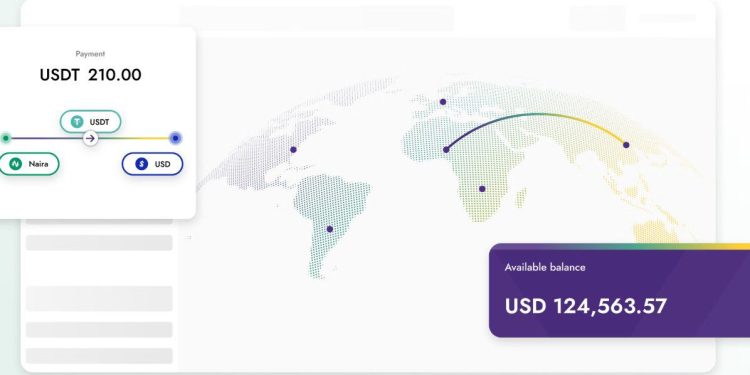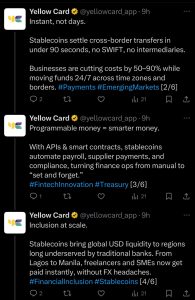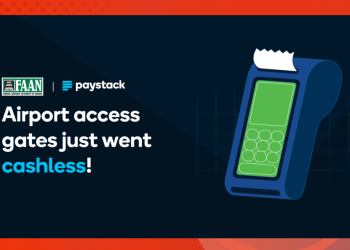Introduction
Yellow Card has announced plans to shut down its consumer app by January 1, 2026, signaling a decisive shift toward its B2B stablecoin infrastructure business. The move, revealed in October 2025, marks the company’s transition from a retail-focused crypto exchange into a payments and treasury solutions provider for businesses across Africa and emerging markets.
The Lagos-based company, which has processed over $6 billion in transactions since launch, is betting that Africa’s next wave of fintech growth will come from powering stablecoin-driven cross-border payments rather than retail trading.
Why Yellow Card Is Shutting Down Its Consumer App
The decision reflects a broader trend in African fintech where companies are moving away from high-volume, low-margin consumer products toward more scalable infrastructure models. For Yellow Card, operating retail crypto services across multiple jurisdictions came with steep regulatory and operational costs, from fluctuating FX rules to stringent KYC requirements.
By focusing on B2B stablecoin infrastructure, Yellow Card aims to simplify how businesses, NGOs, and payment processors move funds across borders. The infrastructure will enable treasury management, liquidity provisioning, and seamless on- and off-ramps for digital dollars, pounds, and euros.
The Bigger Picture: Africa’s Stablecoin Moment
Across the continent, stablecoins are quietly reshaping how money moves. For importers, freelancers, and startups, they solve real problems: liquidity, cost, and speed. Stablecoins make it possible to settle payments in minutes instead of days, without the friction of traditional banking rails.
Yellow Card’s pivot mirrors this momentum. Instead of competing for millions of retail users, the company is positioning itself as the bridge between traditional finance and blockchain-based payments, a role that’s becoming more valuable as African regulators begin drafting digital-asset frameworks.
What It Means for African Fintech
Yellow Card’s shutdown of its consumer app doesn’t signify retreat. It’s a calculated pivot toward where value is being created: infrastructure that others can build on.
For the African fintech landscape, this may be the start of a broader shift. Consumer crypto adoption has plateaued, but enterprise demand for compliant stablecoin infrastructure is only beginning. As global players explore tokenized money and digital treasury tools, Africa’s fintechs are quietly building the rails to make it work at scale.
READ ALSO: Flutterwave and Polygon Bring Stablecoin Payments to Africa’s Remittance Market
Editor’s Note
Users have until December 31, 2025, to withdraw their funds before the consumer app becomes inaccessible. From January 2026, Yellow Card will fully transition into a B2B stablecoin infrastructure provider, expanding its services to enterprise clients, NGOs, and financial institutions across the continent.
If executed well, this shift could establish Yellow Card as one of Africa’s most important cross-border payment enablers, not through consumer hype, but through stable, compliant rails that quietly power the future of digital finance.



















